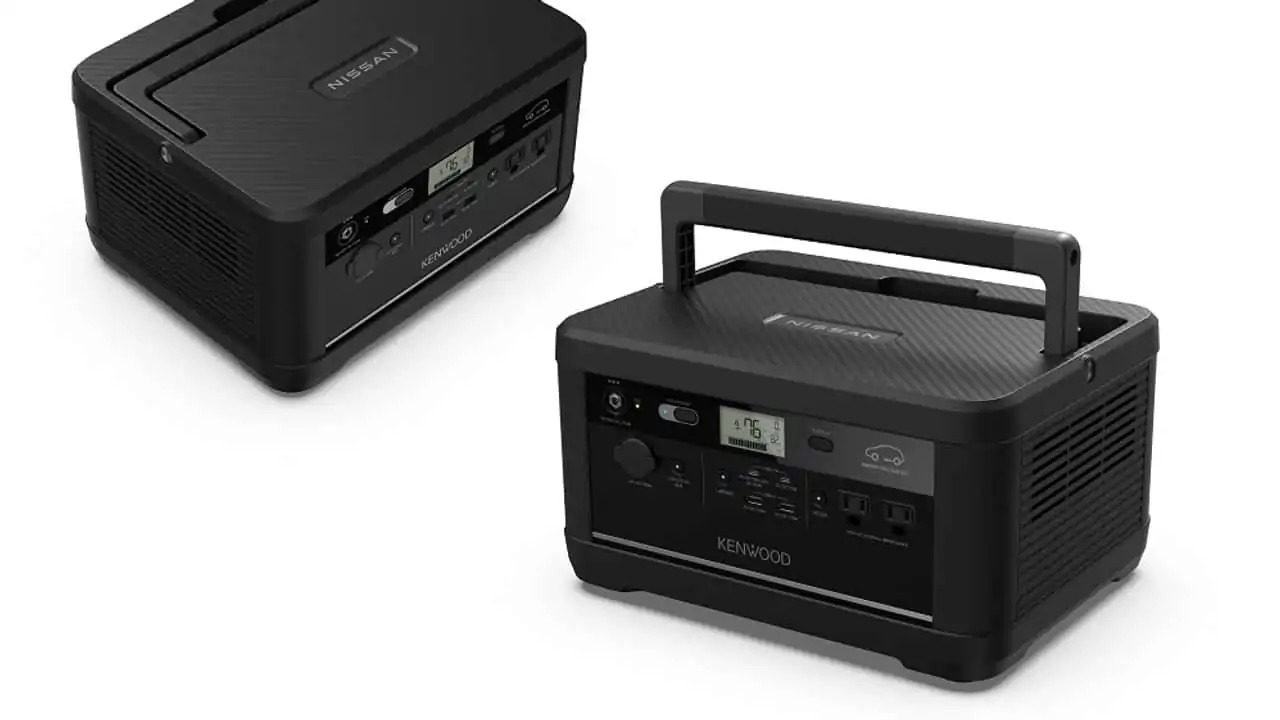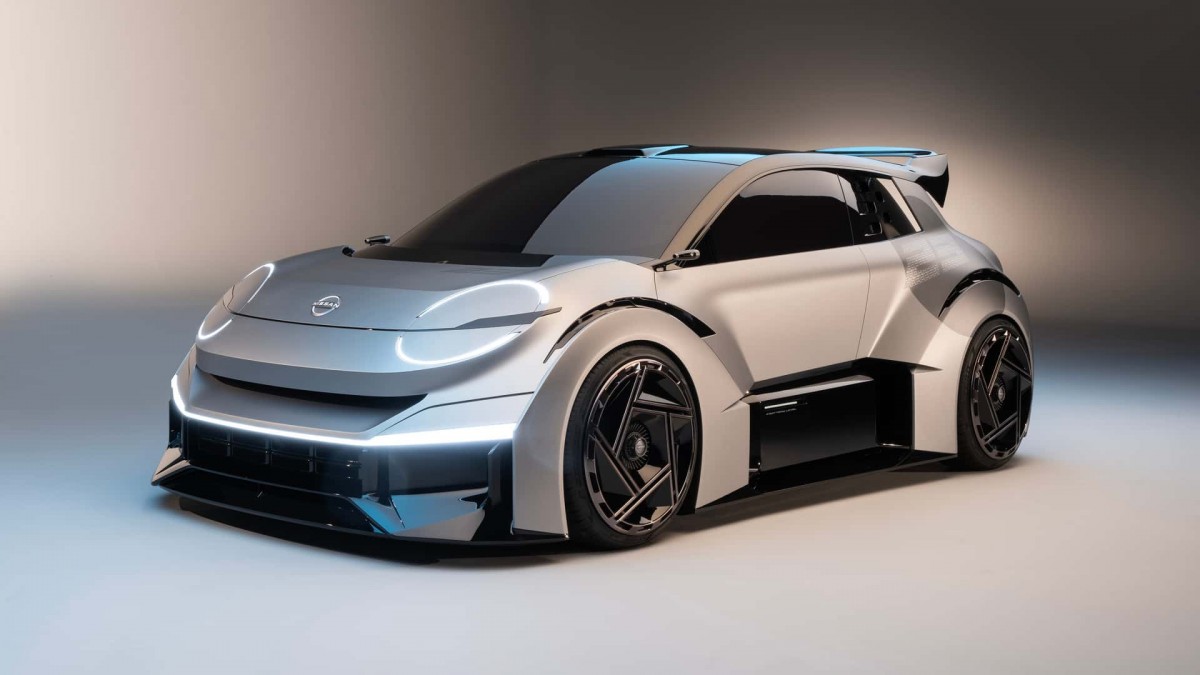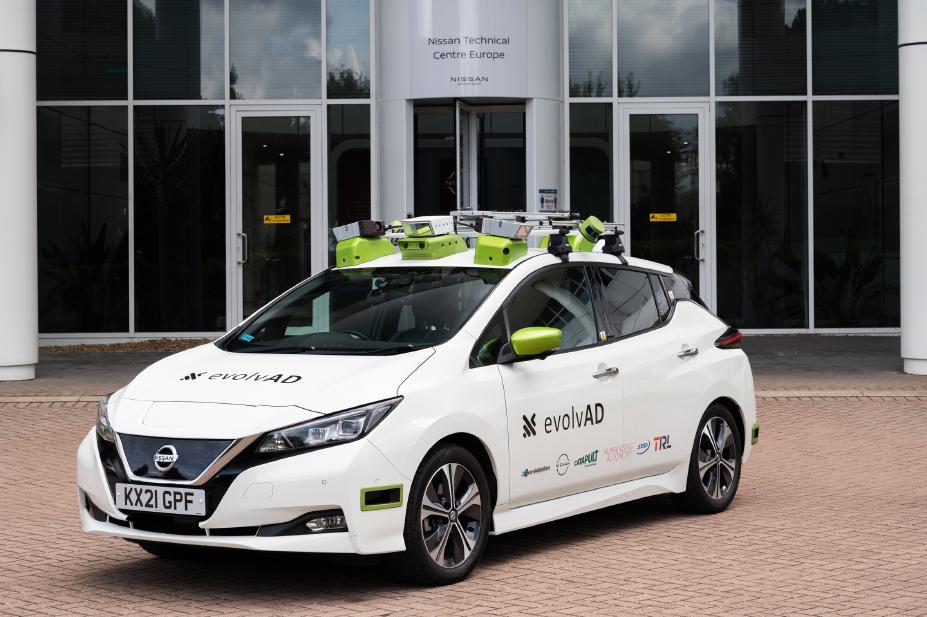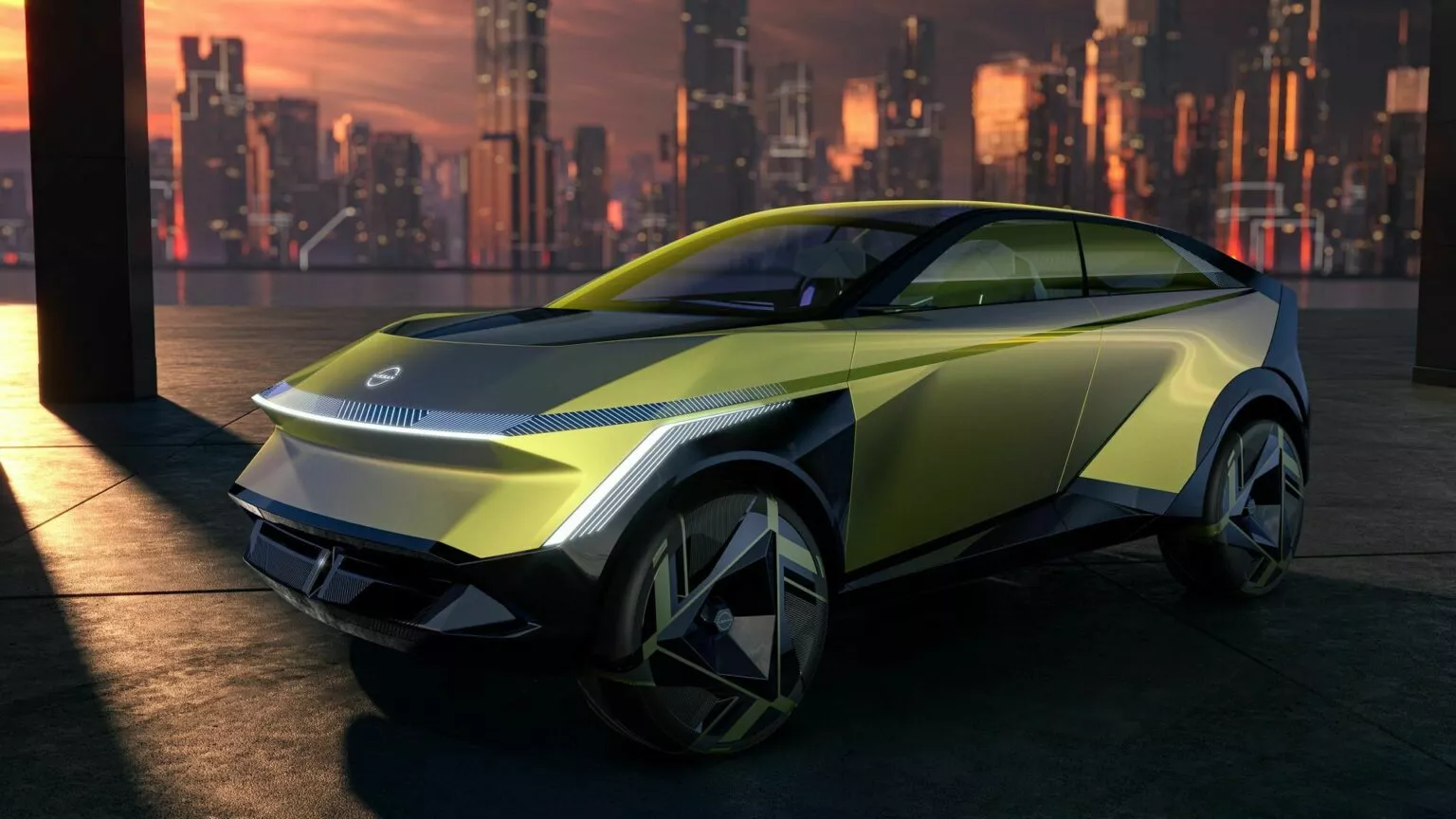In a strategic move towards a greener automotive landscape, Nissan has taken the wraps off its forthcoming electric vehicle (EV) lineup, presenting a trio of groundbreaking models to its dealers. The event offered a glimpse into the automaker’s electrified future, encompassing a diverse range of offerings poised to reshape the industry.
Top-tier Nissan executives convened to showcase their latest innovations, revealing a carefully curated selection of new and revamped products that underscore the brand’s commitment to electrification. As the automotive landscape undergoes a transformative shift, Nissan is positioning itself as a key player in this electric evolution.

Set against the backdrop of a resolute plan to electrify its portfolio, Nissan is gearing up to commence its EV campaign around 2025. A resounding message was conveyed to dealers – the company has ambitious aspirations to launch an impressive lineup of 27 electrified models by 2030, with an overwhelming majority of 19 being fully electric vehicles.
Among the highlights of the unveiling were three eagerly anticipated EV models poised to make their debut in the coming years. The first, and notably, a successor to the widely acclaimed LEAF hatchback, will manifest as a crossover-style coupe. Envisioned as a “mini-Ariya,” one of Nissan’s dealers characterized it, this model is projected to deliver a remarkable 25% increase in range compared to its predecessor. Initial estimates indicate an approximate range of 265 miles – a testament to Nissan’s dedication to pushing the boundaries of EV capabilities.
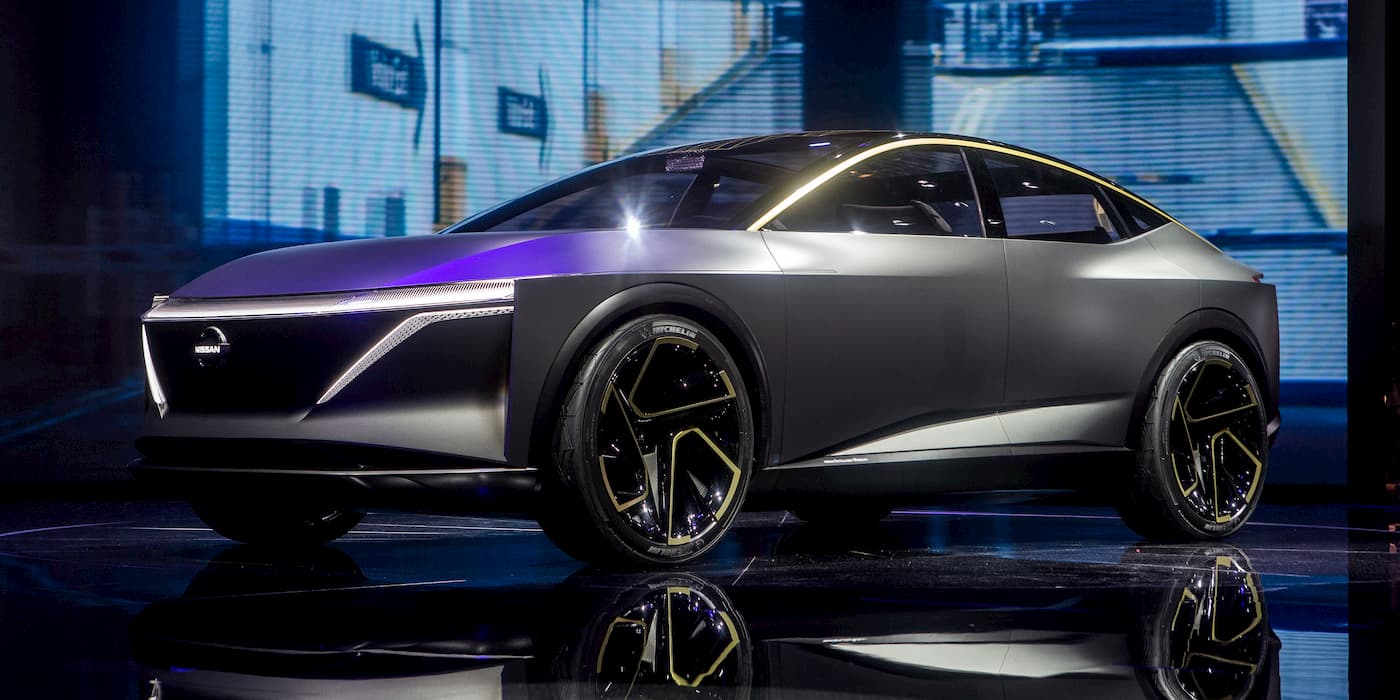
The second star of the showcase was a performance-oriented sedan, potentially positioned to succeed the revered Nissan Maxima. This offering not only underscores Nissan’s commitment to electric performance but also speaks to the automaker’s strategic efforts to align its EV offerings with its existing lineup, seamlessly merging tradition and innovation.
In a resounding affirmation of its commitment to innovation, Nissan introduced an electric crossover SUV built upon the cutting-edge CMF-EV platform, which currently underpins the Ariya EV. This move not only demonstrates Nissan’s technological prowess but also showcases its keen understanding of market demands and the evolving preferences of consumers.
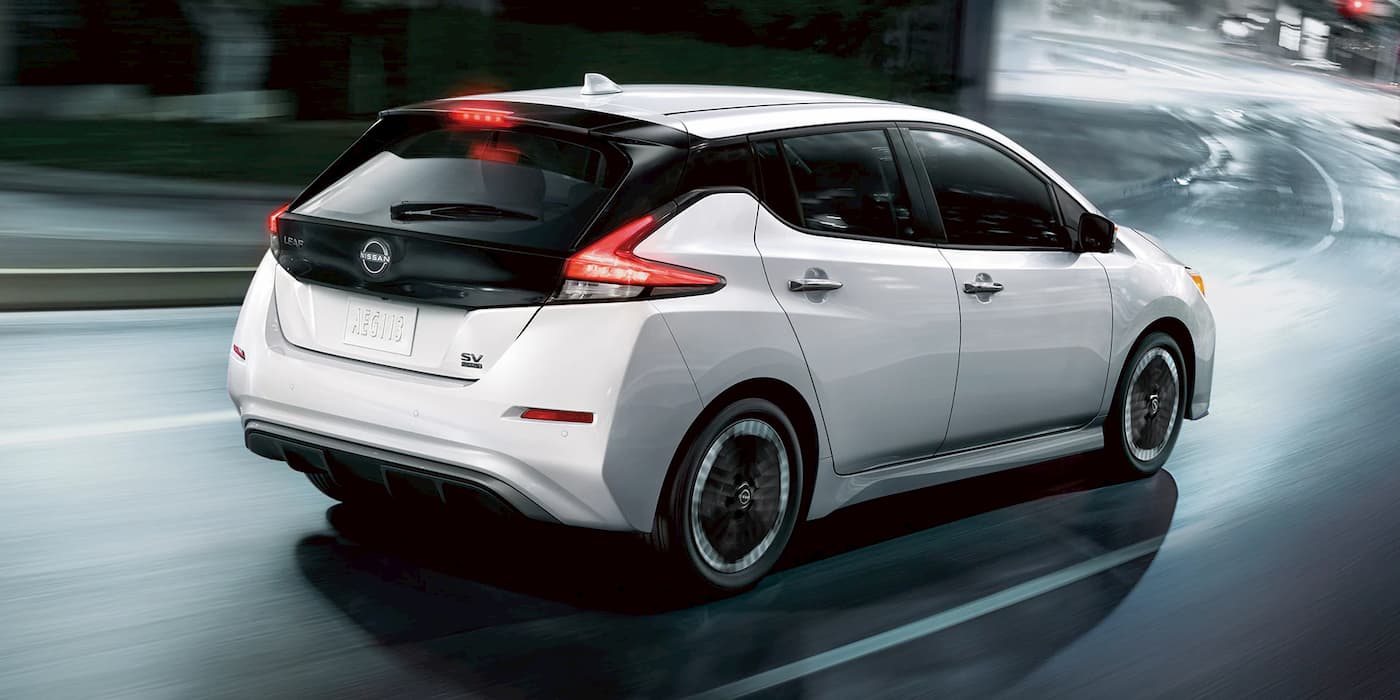
While the focus of the event centered on electrification, Nissan also shared insights into its upcoming internal combustion engine (ICE) lineup. Mirroring its Japanese counterpart Toyota, Nissan’s CEO, Makoto Uchida, reaffirmed the company’s commitment to a hybrid approach, concurrently investing in both ICE and EV technologies.
Distinguished by its e-Power series-hybrid technology, Nissan aims to introduce this innovation to the American market in the latter half of 2026. With roots tracing back to its inception in Japan in 2016, the e-Power system employs an electric motor to drive the vehicle’s wheels while utilizing a gasoline engine to charge the battery, exemplifying Nissan’s holistic approach to sustainable mobility.
In a display of technological foresight, Nissan also unveiled its progress in solid-state battery development – a technology garnering attention across the industry for its potential to revolutionize EV capabilities. With promises of enhanced compactness and rapid charging, Nissan’s solid-state batteries have the potential to deliver 100 miles of range in just 15 minutes through fast charging. The automaker has slated the initiation of pilot production at its Yokohama plant for the upcoming year, signaling the tangible progress being made in the realm of battery innovation.
As Nissan charts its course into a future defined by electrification, its recent showcase of forward-looking EVs and commitment to innovation serves as a compelling testament to its dedication to shaping the automotive landscape for years to come. The unveiling event not only heralds a new chapter for the automaker but also signals a pivotal moment in the global automotive industry’s transition towards a sustainable and electrified future.

